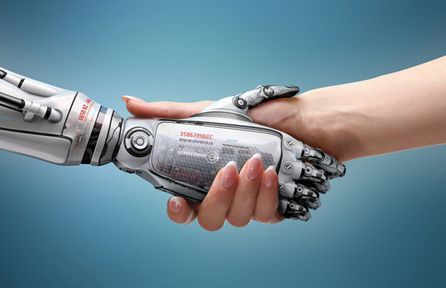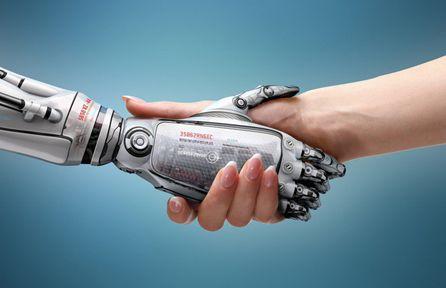
HANGZHOU, July 10 (Xinhua) -- In one Chinese province, artificial intelligence (AI) appears to be creating abundant jobs for humans, instead of stealing them, but only for those in the know.
A senior official in Zhejiang Province, home to Alibaba, said Monday that the province aims to hire more than 110,000 AI professionals in the next five years.
Among them will be 50 world-leading AI experts, 500 scientific entrepreneurs, and 1,000 development and research talent, said Yao Zhiwen, deputy head of the organization department of the Communist Party of China, Zhejiang provincial committee.
He said the provincial government would provide financial support to entrepreneurs in AI and encourage universities to enroll more graduate students on the subjects.
Zhejiang will set up a 1-billion-yuan (147 million U.S. dollars) development fund and a 50-million-yuan investment fund to support AI professionals and startups, Yao said.
China is in the midst of an AI boom with governments, research institutes, tech firms, and entrepreneurs racing to be involved, betting on the discipline to take the lead in economic growth and social development.
Alibaba, Tencent, Baidu -- the top three Chinese tech firms -- are all investing heavily in AI research.
AI professionals are sought after across the country, but no other local government has set such ambitious goals and offered such lucrative incentives.
The province plans to build an AI industry worth 50 billion yuan in three years. The industry clusters will be based in the provincial capital of Hangzhou and economic powerhouse of Ningbo.
The official was speaking at a global AI forum, themed "the future is now," in Hangzhou Monday.
The conference was attended by both Chinese and foreign participants including Turing Award Winner Cornell University Computer Science Professor John Hopcroft and Yuval Noah Harari, author of the 2015 book Homo Deus: A Brief History of Tomorrow.
Harari told the forum audience that robots would outperform humans in many jobs and that we might no longer need taxis drivers or truck drivers, among others, in the future.
Many jobs will be lost that we have to keep learning new things to adapt to a changing world, he said. After 2040, the thing that remains unchanged is change itself.




 A single purchase
A single purchase









